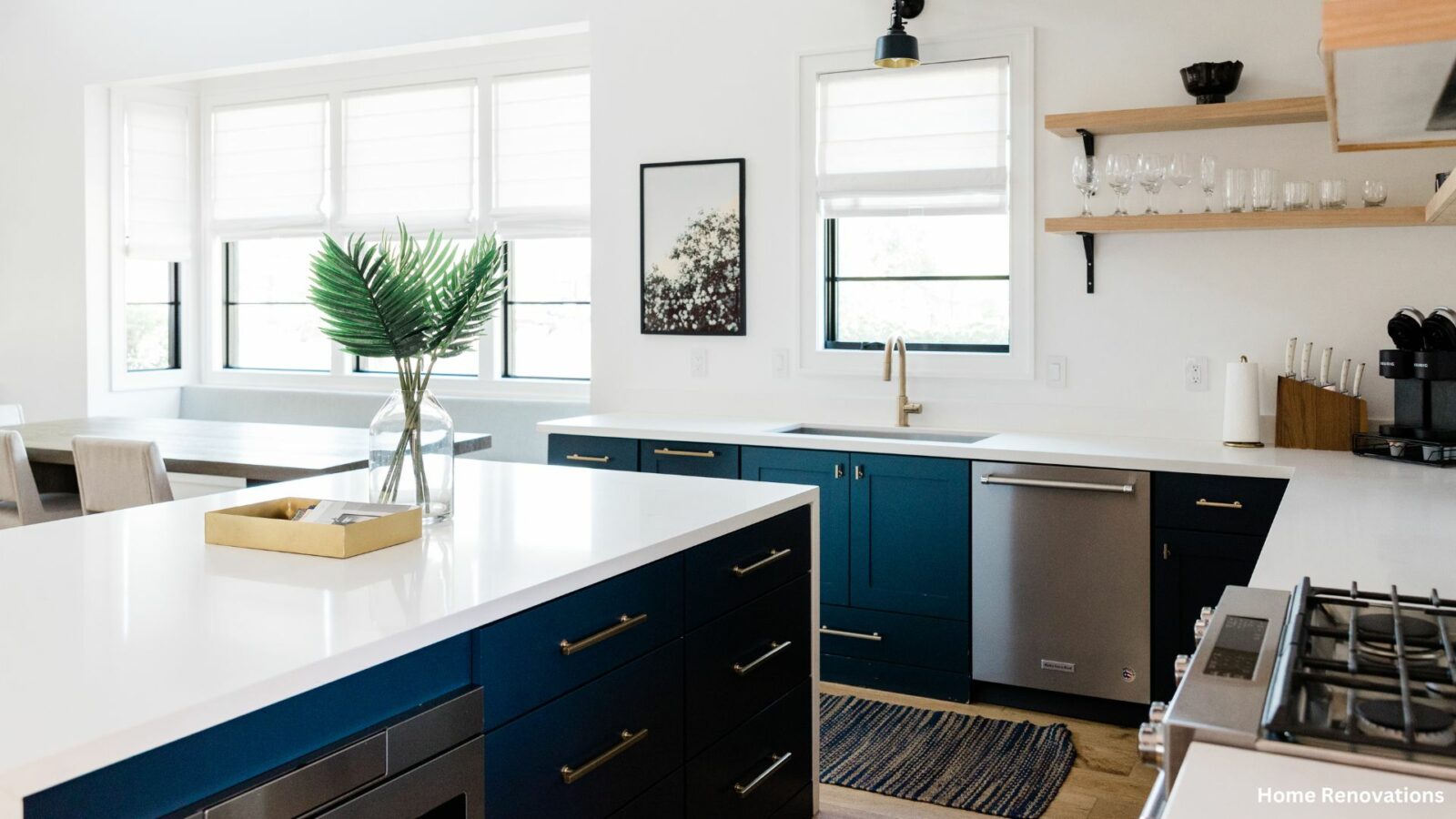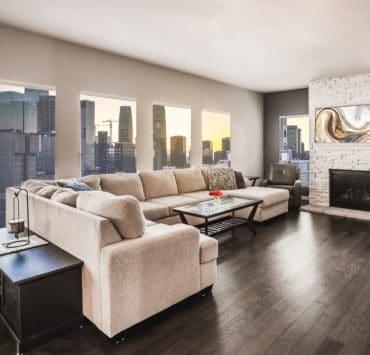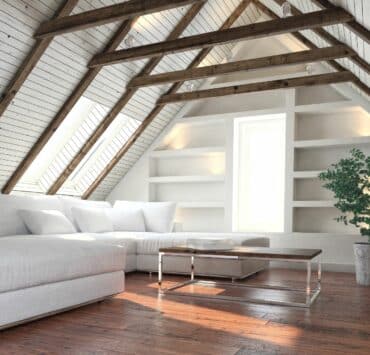When considering updates to your home, it’s crucial to think about how these changes might affect its future resale value. Many homeowners are unaware that some renovations can actually diminish the property’s market worth. This guide will walk you through common renovations that decrease value, helping you make informed decisions to protect your investment.
Renovations That Decrease Value of the Home
1. Lavish Lighting Fixtures
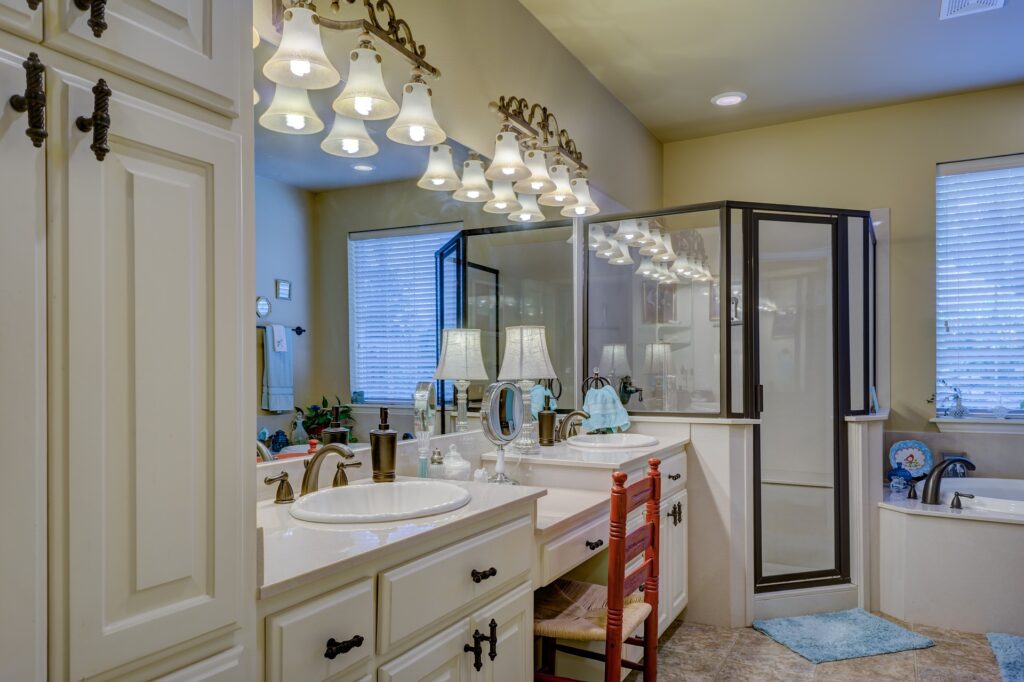
While custom, fashionable lighting may initially captivate, these features often fall out of style quickly. As trends shift, what once seemed modern can appear dated, potentially making your home less appealing when it’s time to sell.
2. The Wallpaper Dilemma
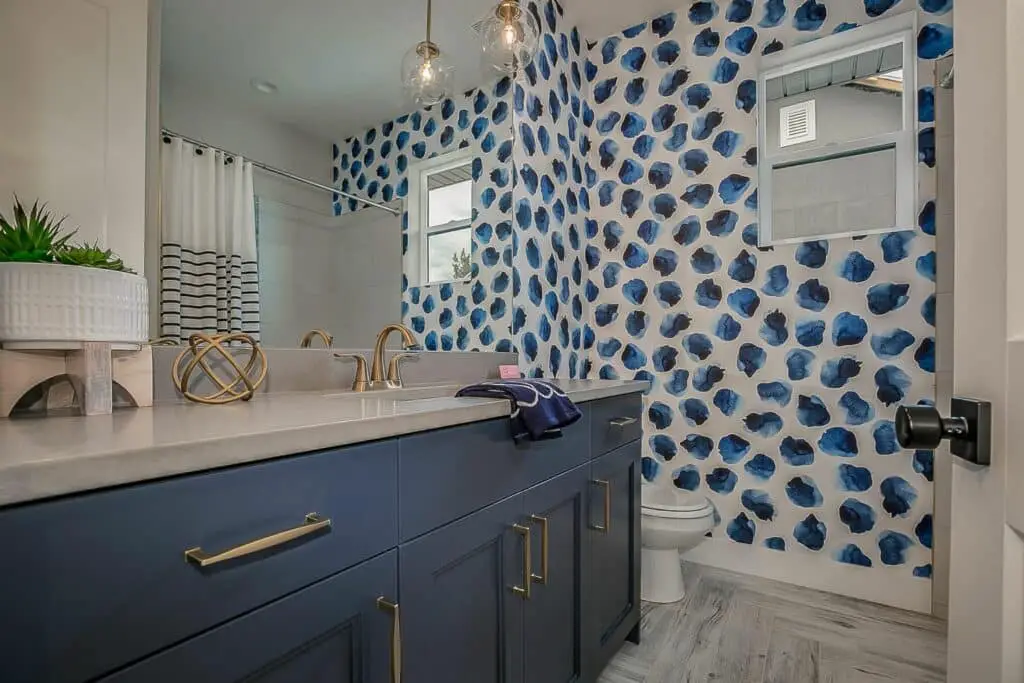
Though wallpaper offers a unique aesthetic, it can overwhelm spaces and deter buyers looking for something move-in ready. Its removal can also be a daunting task, adding another hurdle in the selling process.
3. Textured Walls and Ceilings
Textures on walls and ceilings can be difficult to change and may deter potential buyers who are wary of the effort involved in making the surfaces smooth again.
4. Over-Personalized Tiling
Tiles that are too unique can turn off potential buyers who might not share your taste. Opt for classic designs to keep the appeal universal and the replacement costs low.
5. Choosing Overly Stimulating Paint Colors

Bright and bold paint colors can be jarring. To appeal to a broader audience, use neutral tones that allow potential buyers to envision the space as their own.
6. High-End Kitchen Remodels
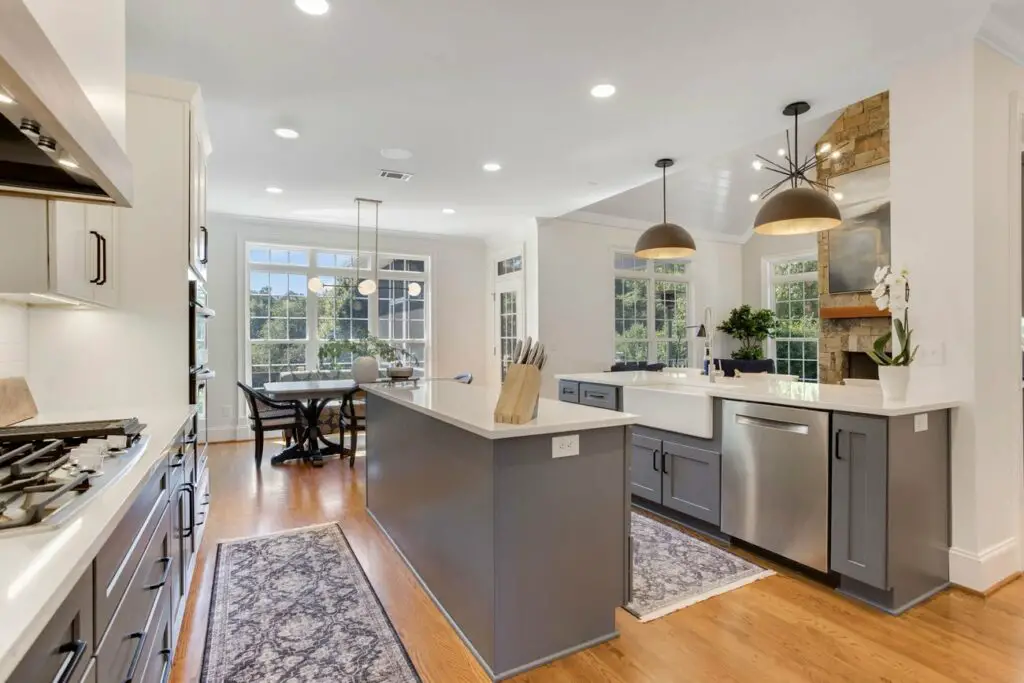
Luxury kitchen renovations often fail to recover their costs at resale. To avoid this, consider updates that improve functionality without going overboard on high-end finishes.
7. Luxurious Bathroom Overhauls
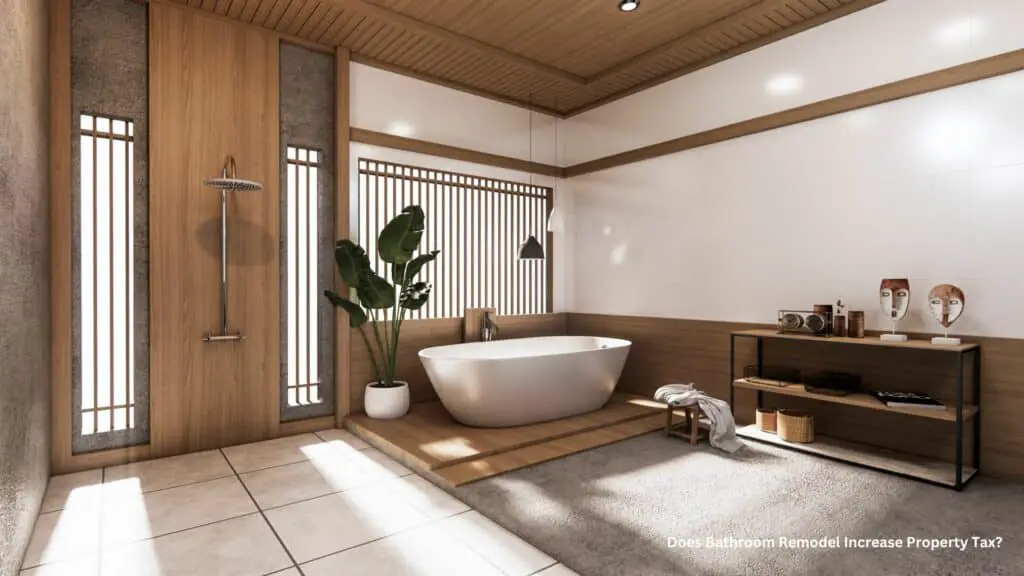
Similar to kitchens, overly customized bathroom renovations can deter buyers. Instead of elaborate fixtures and whirlpool tubs, opt for simple, clean designs that appeal to everyone.
8. Bedroom to Office Conversions
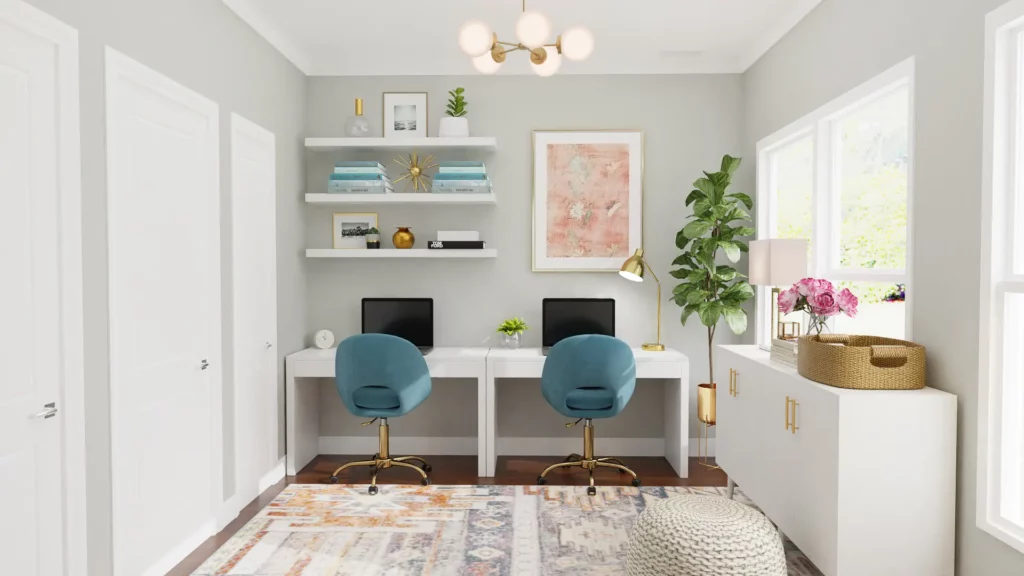
Converting a bedroom into an office can significantly decrease your home’s value. Bedrooms add substantial value; preserve them whenever possible.
9. Merging Small Bedrooms
Combining small bedrooms to create a larger room might seem appealing but can reduce the overall value by limiting the home’s appeal to larger families.
10. Removing Essential Closets
Storage is a premium feature for buyers. Removing closets for other renovations can be a costly mistake, making your home less attractive.
11. Sunroom Additions
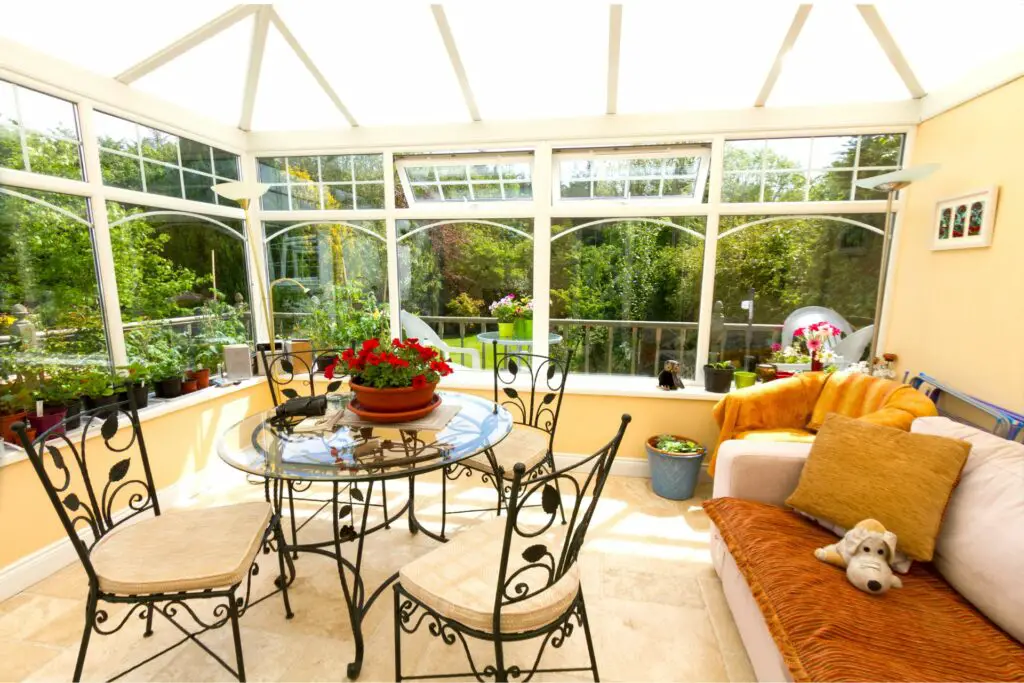
Though charming, sunrooms often do not return their investment cost. They’re seen as less essential and can be expensive to construct.
12. Built-In Aquariums
An aquarium might be a stunning addition, but its upkeep and the complexity of its removal can be a dealbreaker for potential buyers.
13. Customized Entertainment Spaces
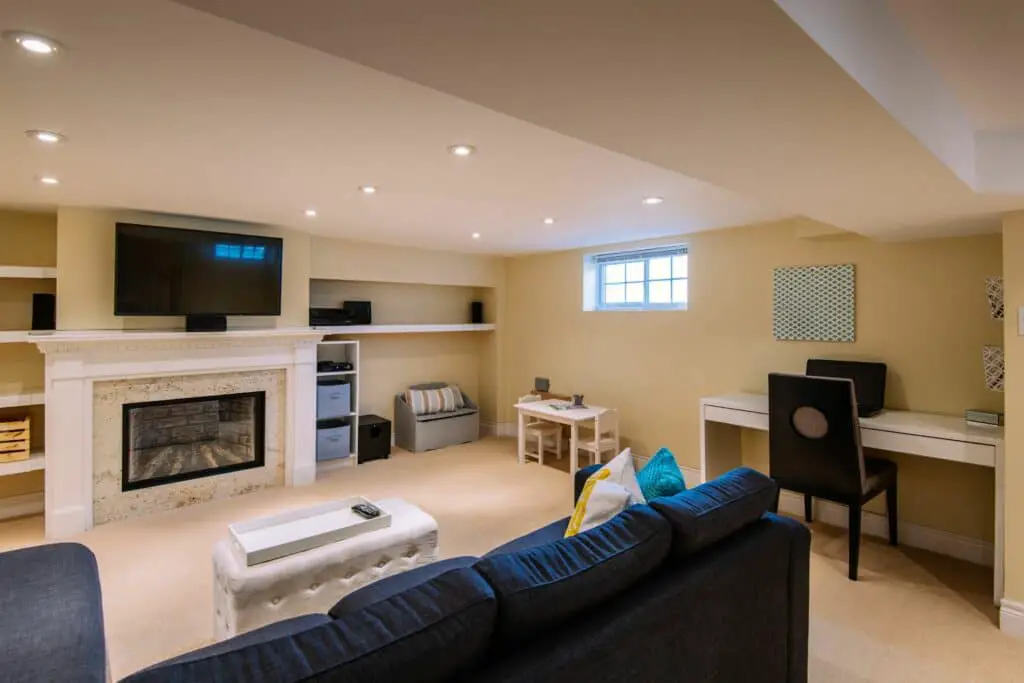
In-house theaters and bespoke electronics might cater to specific tastes but can turn off mainstream buyers who see them as unnecessary.
14. Adding a Swimming Pool

Pools are costly to maintain and often don’t add equivalent value, especially in less warm climates.
15. Hot Tub Installations
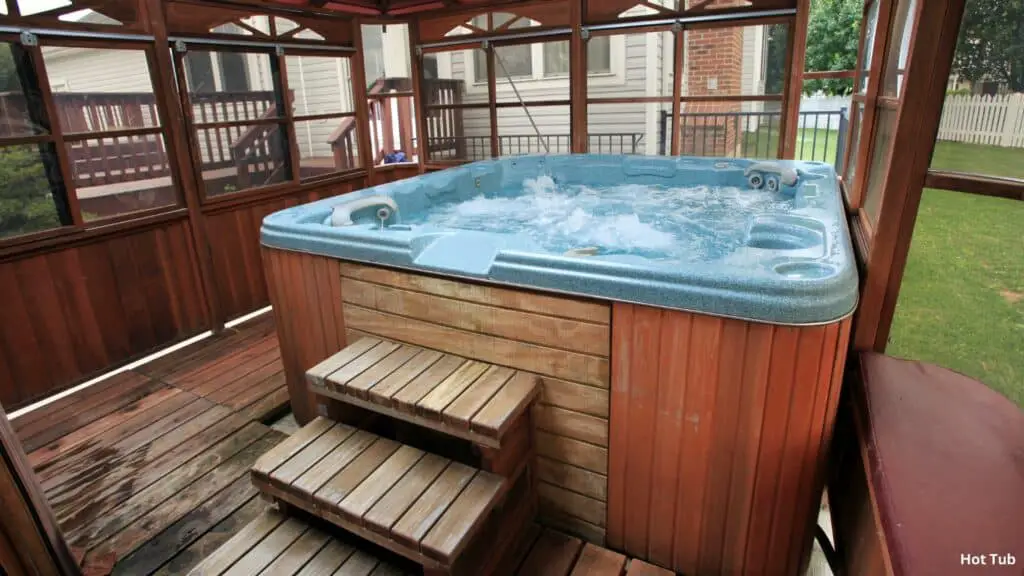
While enjoyable, hot tubs require maintenance and can be seen as a safety hazard, particularly for families with young children.
16. Garage Conversions

Turning a garage into a gym or extra living space can alienate buyers who prefer a traditional garage for vehicles and storage.
17. Over-Elaborate Landscaping

Complex garden designs can increase maintenance expectations and costs, which might discourage potential buyers.
18. DIY Renovation Pitfalls
Unprofessional DIY projects can be easily spotted and might decrease the property’s value due to quality concerns.
19. Skipping Permits and Professional Help
Undertaking renovations without appropriate permits or professional guidance can lead to significant issues, affecting both value and legality.

Frequently Asked Questions
What renovations decrease home value the most?
The most value-decreasing renovations often include lavish lighting fixtures, over-personalized tiling, and wallpaper, due to their specific taste or difficult removal.
What decreases property value the most?
Poorly executed DIY projects, lack of permits, and highly personalized renovations like wallpaper or intricate tiling can significantly lower property value.
What are the disadvantages of renovation?
Renovations can sometimes lead to unforeseen costs, potential overcapitalization, and disruption of the household routine.
What is the most expensive thing to renovate?
Kitchens and bathrooms are typically the most expensive areas to renovate due to the need for plumbing, electrical work, and expensive fixtures.
Related posts:
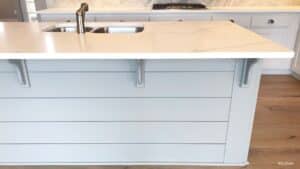 Here’s How to Create a Shiplap Kitchen Island
Here’s How to Create a Shiplap Kitchen Island
 The Pros And Cons Of Open Floor Plans And How To Decide If It’s Right For Your Home
The Pros And Cons Of Open Floor Plans And How To Decide If It’s Right For Your Home
 Home Ventilation System And Air Quality in Home Renovation Projects
Home Ventilation System And Air Quality in Home Renovation Projects
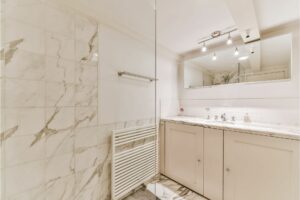 Small Bathroom Accent Wall Ideas: Transform Your Space
Small Bathroom Accent Wall Ideas: Transform Your Space
 Fireplace in Master Bedroom: 10 Ideas to Add Warmth and Style
Fireplace in Master Bedroom: 10 Ideas to Add Warmth and Style
